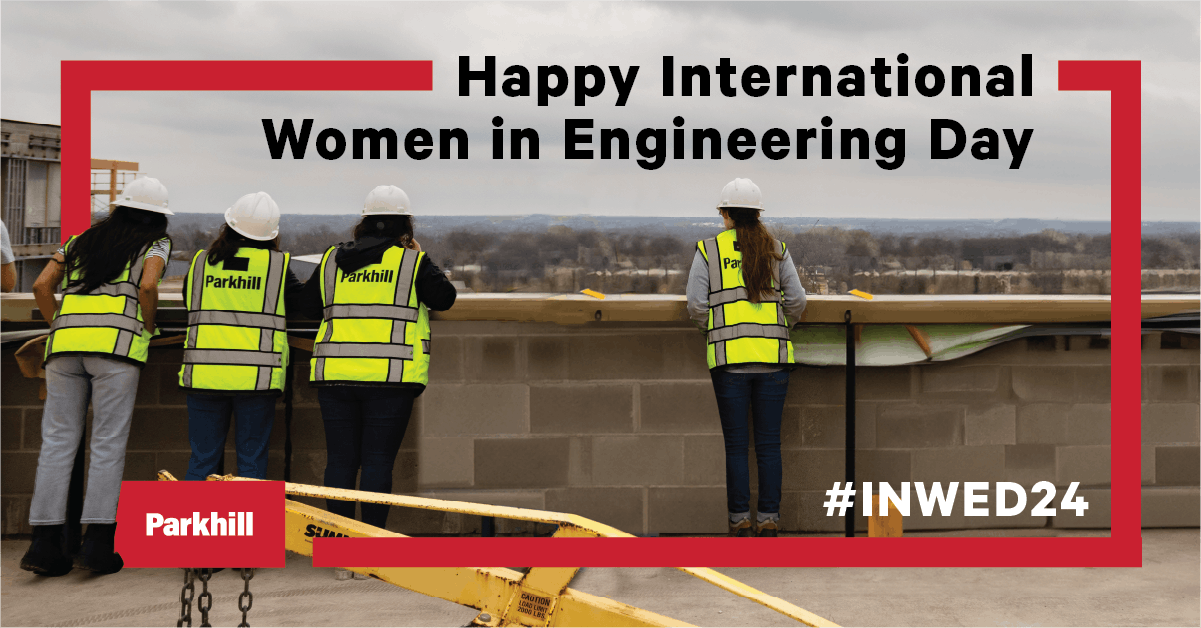How Artificial Intelligence is Helping Planners Improve Lives
Category: Building Community
Written By: Chris Libby
Date: June 13, 2024

As the use of artificial intelligence (AI) continues to play a larger role in our everyday lives, it’s important to understand its capabilities and how it can ethically be used to make life easier. For example, AI-powered technology can analyze large amounts of raw data in mere seconds that would otherwise take years to decipher and turn into useful knowledge.
Studies have found that AI can quickly identify trends, patterns, and insights to aid in well-informed and faster decision-making. Planners can use this power to find solutions that can solve complex social problems, such as finding inequities, forecasting growth, and addressing sustainability in much shorter timeframes.
In the report Planning With Artificial Intelligence, published by the American Planning Association, author Thomas Sanchez, Ph.D., addresses the use of AI to aid in community planning and how effectively it can be used in the planning profession.
Thomas, a Professor of Urban Affairs and Planning at Virginia Tech, states in the executive summary of his report, that “responsible and ethical AI use can help planners in their work, enhance current planning procedures, increase efficiency, and allow planners to refocus their work on the human components of planning.”
Parkhill’s Julio Carillo, a Senior Planner in the Planning & Interiors practice, contributed to this report to show how AI can be used in real-life applications within the industry. The use of AI in planning piqued his interest after taking an online class on machine learning and artificial intelligence (AI) at the University of Texas (UT).
Since much of Parkhill's work relies heavily on data, not only for community planning but in many other areas as well, we asked Julio about his experience with AI and his thoughts on how this technology can be used to improve lives in the communities Parkhill serves and what the future looks like with AI and planning.
What is your experience in using AI for urban planning?
In some of the work we've done with schools in the Midland/Odessa area, we used geolocating to study economically disadvantaged students and their distribution within the Ector County ISD—which is a neighboring county on the Odessa side. When we started looking at the data, we found that the Odessa kids historically had higher poverty numbers. During the COVID-19 pandemic, they needed extra support because they didn't have the Wi-Fi infrastructure to learn virtually. At the time, nobody was going to school, so it was a big burden on the educational system—especially on underserved communities in Midland. We started to see that geolocation can be used as a method for putting in Wi-Fi infrastructure, Wi-Fi towers, bus hotspots, and things like that. We studied the whole environment on a map and found areas where we thought would better serve a higher number of economically disadvantaged students.
How can planners leverage AI to improve our communities?
You can predict the behavior of a city using data and artificial intelligence. Let's say, for example, for the application we used in predicting economically disadvantaged populations, its value is not an actual prediction. In reality, there's no surprise in those findings. They already know those areas are economically disadvantaged. What is valuable is the accuracy of the prediction. That kind of accuracy could relieve the heavy administrative burden. In this case, it would be the process of asking every single family in the district for their income so they can define if they will get free or reduced lunches. School districts usually need to have all that data within the first days of school to figure out the funding and budgets. If you get rid of that extra burden with at least 75% accuracy, then you can save time, do your own budgeting, and prepare for it. The value of the prediction is the instant results instead of waiting for all the families to report back to the school, which can be a very inaccurate actual process when they report to the school and things like that, too.
How did you get involved with the Artificial Intelligence in Planning report?
The author of the report, Thomas Sanchez, was a speaker at one of the sessions at the National Planning Conference. His session was titled Artificial Intelligence in Planning. After his session, I was able to talk to him, and I let him know that I was working on some artificial intelligence applications in planning, and he told me to send him some information. When I finished the research predicting the economically disadvantaged category based on environmental factors of the population, my algorithms gave me an accuracy of close to 75%. I shared those results with him, and he loved it. That’s when he told me about the report he was working on about artificial intelligence for planning. A connection on a national planning conference and all the planets aligned.
Why do you think there is some apprehension about implementing AI into planning?
I don't think a bright light bulb is going off yet for them to say, “Oh, that application actually could apply to my data analysis.” I didn't know how I could apply AI until I learned more about it. I realized I could use AI for some of my geospatial data analysis. I started to apply and use it more, which helped my understanding. In planning school, they do not teach you the concepts of machine learning and algorithms. Schools are now starting to get more interested in teaching it. You are going to see it more in the future for sure. For me, it was transformational and changed a lot of things. People are now realizing what it can do because of the way it manages data and all the different algorithms. Once people become more familiar with what AI can do for them, I think they're going to start thinking about how it applies to specific workspaces or work environments. It's just going to be a natural progression. I think we're just in the era of transformation right now.
Where do you think AI can be used more effectively in the near future?
Artificial intelligence concepts used in planning are heavily advanced in the transportation industry. Transportation management, autonomous vehicles, traffic signals, and automation services exist. The data on transit and public transit is much more advanced than any other planning silos that I've seen. However, there are other areas, such as predictions, where it is not used as much. A good example is when you watch the Weather Channel, and they show you hurricane models. Those are basically artificial intelligence models using geospatial data that tell you predictions of the near future, including how much rain you're going to get, the wind speeds, where the path of the hurricane is going to go, and so on. Imagine the same thing that you could do based on demographics in economics, health systems, and environmental systems.
There is a lot of data right now and no central repository where you can gather all this information. The weather is simple because you have satellites that collect data that you can gather from a central location. In terms of cities and communities, you have different formats of data and different boundaries, and so there are millions of complications. Hopefully, soon, there will be a centralized way of gathering information so we can start predicting where the next developments are going to happen.

